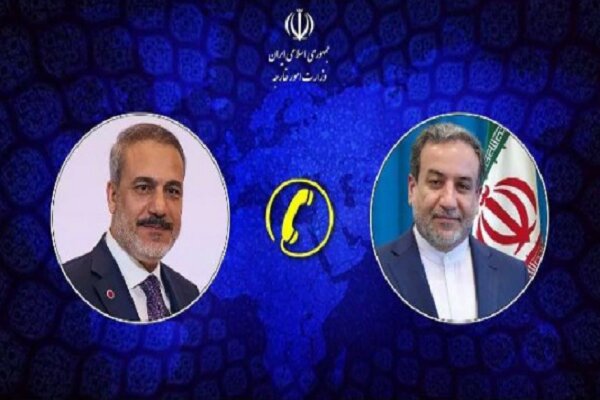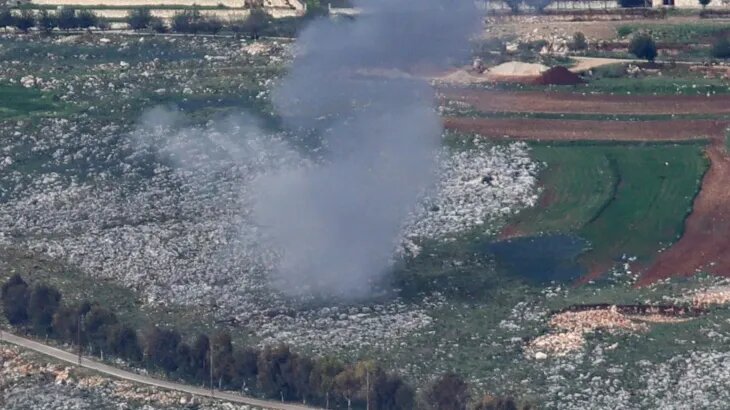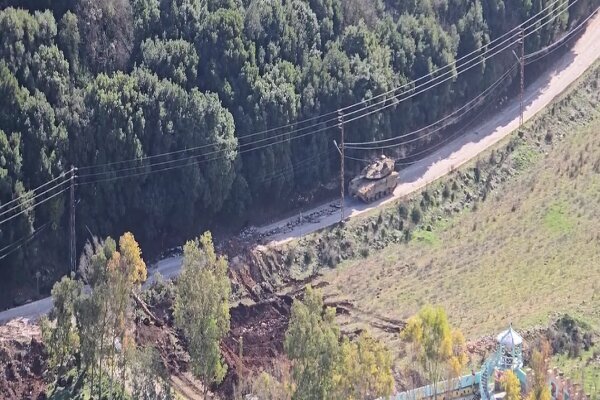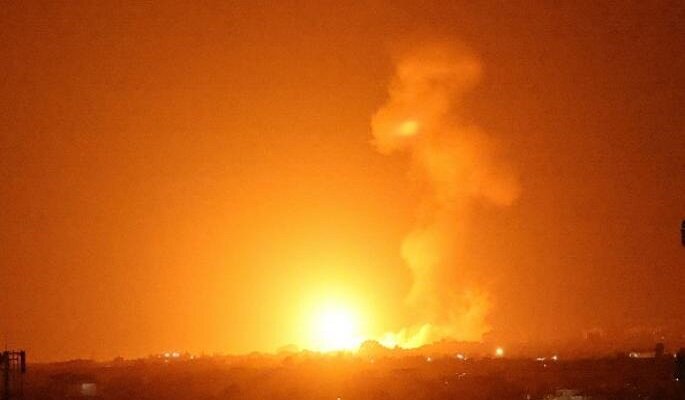Israeli Government Moves to Officially Rename West Bank in New Legislative Bill
The ongoing debate surrounding the terminology used to describe the West Bank in Israel’s legal framework has gained traction recently. The primary keyword in this discussion is the term “West Bank,” which has sparked significant controversy and criticism from various political figures, including Knesset member Rothman.
Israel occupied the West Bank during the Six-Day War in June 1967, a pivotal moment in the region’s history. Before this occupation, the Palestinian territory had been under Jordanian control since 1948. The historical context is crucial for understanding the current political dynamics at play.
Rothman has openly criticized the existing terminology within Israel’s legal framework, labeling it a “historical distortion” that requires urgent correction. He stated, “The fact that the official legal language of the State of Israel still includes the disgraceful term ‘West Bank’ is an insult to the Knesset, the Jewish people, and our history.”
According to Rothman, the use of the term “West Bank” perpetuates a false narrative and undermines Israel’s historical claims to the land. He emphasized that this terminology erases the Jewish people’s historical rights, which he believes should be acknowledged and respected.
The bill proposed by Rothman aims to amend the legal terminology associated with the area known as the West Bank. The preamble of the bill emphasizes that “Judea and Samaria are an inseparable part of the historic homeland of the Jewish people.” This statement underscores the deep-rooted significance of these regions in Jewish history and identity.
- Historical Context: The West Bank has been a focal point of conflict and negotiation since the 1967 war.
- Legal Terminology: Rothman argues for a change in the official terminology used to describe the region.
- Significance of Judea and Samaria: The bill asserts that these regions are integral to Jewish heritage.
With the preliminary passage of this bill, it will now move to the Knesset’s Constitution, Law, and Justice Committee, which Rothman chairs. This committee will further deliberate the proposed changes before it advances to additional readings for potential enactment.
The debate surrounding the legal terminology of the West Bank is not just a matter of semantics; it reflects deeper issues of identity, history, and national rights. The implications of such changes could be profound, affecting not only the legal landscape but also the socio-political dynamics within Israel and its relations with the Palestinian territories.
Opponents of Rothman’s bill argue that changing the terminology could exacerbate tensions in an already volatile region. They contend that the existing terminology, while controversial, has become part of the international lexicon and altering it could further alienate Palestinian voices and perspectives.
Key Points of Debate:
- Historical Rights: The argument revolves around the historical claims of the Jewish people to the land.
- Political Implications: Changing the terminology may influence international perceptions and negotiations.
- Social Cohesion: The terminology debate could either unite or divide communities within Israel and the Palestinian territories.
In conclusion, the discussion surrounding the term “West Bank” and its replacement with “Judea and Samaria” is emblematic of the larger narrative at play in Israeli politics. The outcome of this legislative effort could have lasting ramifications for both domestic policy and international relations. As the bill progresses through the Knesset, it will be important to monitor the reactions it generates, both within Israel and among the global community.
Ultimately, this issue underscores the complexities of language in shaping historical narratives and political realities, and it serves as a reminder of the ongoing challenges faced in the pursuit of peace and understanding in the region.






